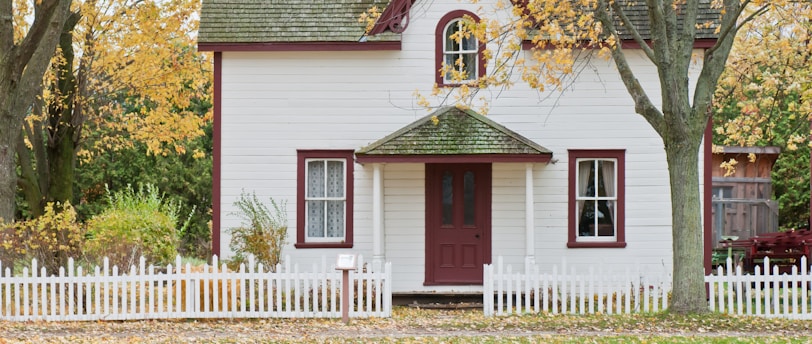Benefits and Supports for Canadian First-Time Home Buyers
Your Guide to Cracking the Canadian Housing Market as a First-Time Buyer
6/6/20253 min read


Okay, let's be real. The thought of owning a home in Canada can feel… daunting. We're bombarded with headlines about skyrocketing prices, bidding wars, and the elusive "down payment." It can feel like a pipe dream, especially when you're juggling student loans, maybe a car payment, and the ever-present avocado toast budget.
But here's the thing: homeownership is achievable. It just takes a little planning, knowledge, and understanding of the programs designed to help first-time buyers like us. Let's break down the supports available to help you turn that dream into a reality.
First Things First: Understanding the Landscape
Before diving into the assistance programs, it's crucial to understand what you're up against. This means researching average home prices in your desired area, understanding mortgage rates (and how they fluctuate!), and realistically assessing your financial situation. Knowing your credit score is also non-negotiable. A good credit score will unlock better mortgage rates, saving you a significant amount of money over the long term.
The Canadian Government is On Your Side (Sort Of)
The Canadian government understands the challenges of affordability and offers several programs specifically for first-time homebuyers. Let's take a look at a few key ones:
Home Buyers' Plan (HBP): This is a big one. The HBP allows you to withdraw up to $35,000 from your Registered Retirement Savings Plan (RRSP) tax-free to put towards your down payment. You'll need to repay this amount within 15 years, but it can be a huge help in accumulating that initial lump sum.
First-Time Home Buyer Incentive (FTHBI): Now, this one requires a bit more consideration. The FTHBI allows eligible first-time homebuyers to borrow a share of the purchase price from the government. They offer 5% for existing homes and 5% or 10% for new construction. The catch? You'll have to repay the same percentage of the home's current market value when you sell, or after 25 years. This can be a great boost to affordability, but it's essential to understand the repayment terms and market fluctuations before committing.
First Home Savings Account (FHSA): This is the newest tool in the box, and it's fantastic. The FHSA is a registered savings account that lets you contribute up to $8,000 per year (up to a lifetime maximum of $40,000) to save for your first home. The best part? The contributions are tax-deductible, and the money grows tax-free, just like a TFSA. And when you use the money to buy a home, the withdrawals are also tax-free! It's essentially a win-win.
Provincial Programs: Don't Forget to Look Locally!
Beyond the federal government, many provinces offer their own assistance programs. These can include land transfer tax rebates, down payment assistance grants, and other incentives. Check your province's official government website for details on what's available in your region. A quick Google search for "[Your Province] first-time home buyer programs" will get you started.
Tips & Tricks from a Fellow Millennial
Beyond government programs, here are a few extra tips I've picked up along the way:
Start Saving Early (Even if it's Small): A little bit of savings, no matter how small, adds up over time. Set up automatic transfers to a dedicated savings account, even if it's just $50 a month. You'll be surprised how quickly it grows.
Shop Around for Mortgages: Don't just go with the first mortgage offer you receive. Talk to multiple lenders (banks, credit unions, mortgage brokers) and compare rates and terms. Even a small difference in interest rate can save you thousands over the life of the loan.
Consider a Smaller Home or a Different Location: While that detached house in the heart of the city might be your dream, consider starting with a smaller condo or townhouse in a more affordable area. You can always upgrade later.
Don't Be Afraid to Ask for Help: Talk to family members, friends who own homes, or financial advisors. They can offer valuable advice and insights.
Do your research! Don’t rush into a housing market. Understand it, know the best deals and the types of houses that you can afford.
The Bottom Line: Stay Hopeful!
The Canadian housing market can seem intimidating, but with the right knowledge and resources, homeownership is definitely within reach. Take advantage of the government programs, develop a solid savings plan, and don't be afraid to ask for help. It's a marathon, not a sprint, but the feeling of owning your own home is well worth the effort. Now, go crush that mortgage application! You got this.
